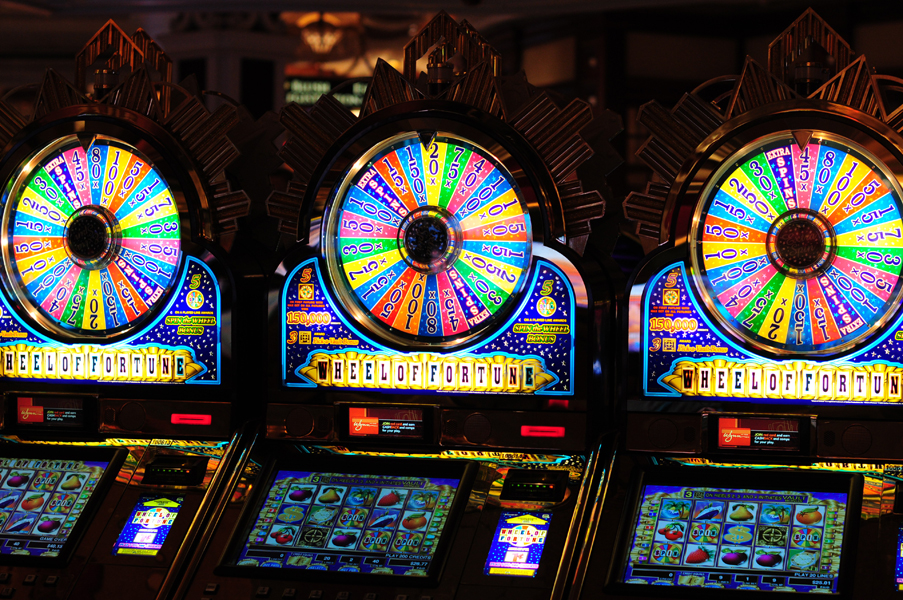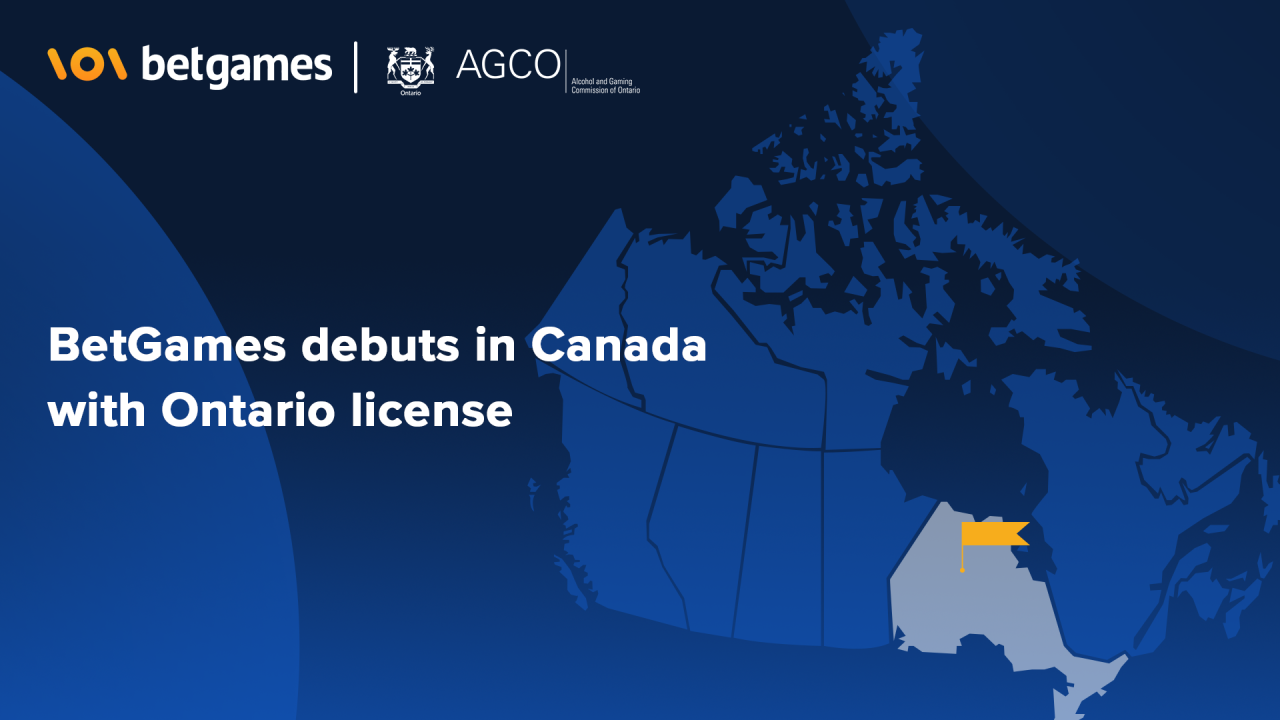Everything you wanted to know about KYC but were afraid to ask!
Starting your gambling career, you must fulfill some specific conditions when you want to open a personal account. Knowing about this basic requirement for players, you might wonder what’s so special about KYC. In this article, you will get to know everything about casino KYC, such as its meaning, the required documents, and why it is important for your gaming experience.

What is KYC?
KYC stands for “Know Your Customer.” It’s a process that banks and financial institutions use to verify the identity of their customers to protect themselves from fraud. The process usually involves casino online requesting personal information from customers, such as their name, birthdate, address, email, and phone number. It is deemed the new regulatory checks and balances for the online casino industry.
Why do casinos need KYC?
Casinos are heavily regulated by governments, especially in Portugal, where the regulations require casinos to perform KYC on every single customer account opened with them. This prevents people from using phony identities or bank accounts to try to launder money through the casino online portugal system. Casinos must also report any suspicious activity to law enforcement agencies, including any suspicious transactions made by customers on their accounts. These also ensure responsible staking from gamers.
What documents are required for KYC verification?
To verify your identity, you will need to provide some documents, your photograph and/or fingerprints.
You can use the information from your passport or ID card as proof of identity (for example, your name, date of birth, and address). Other documents that may be accepted include:
- A utility bill containing your name, address, and telephone number.
- A government-issued document with a photo (such as a driver’s license).
- A bank statement that shows recent transactions or an account statement from a financial institution with details such as name and address.
What happens with my data if I pass KYC in an online casino?
If you pass KYC, the online casino will collect and store your personal data. They’ll use it to verify that your account is yours—that it’s not being used by someone else. This helps them keep their customers safe from fraud and cheating.
Conclusion
KYC, as a tool, forces casinos to give out fair, personalized services to their customers. KYC is vital for the online casino business. With a little bit of due diligence, patience, and a lot of cooperation with your casino customer service team, you should be able to navigate this process successfully. And remember: if you have any questions along the way, don’t take the word of anyone but an actual representative. Instead, try reaching out online or calling customer service. And when in doubt, try asking again.









